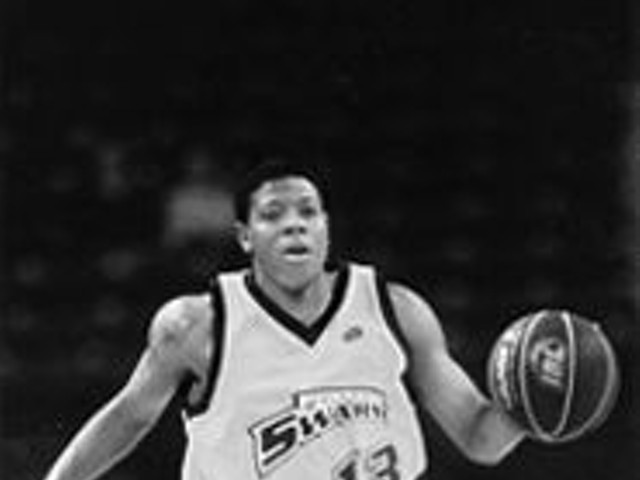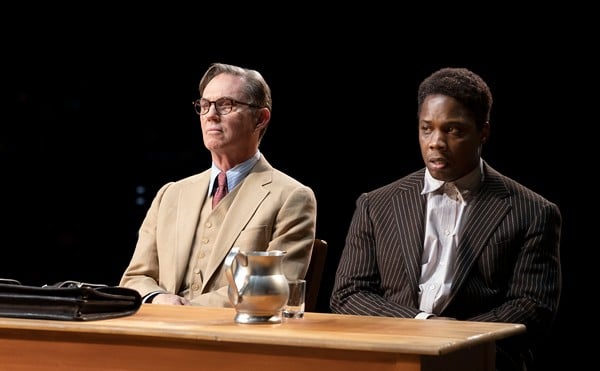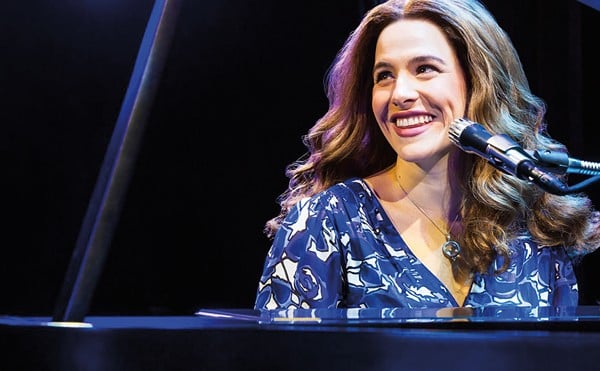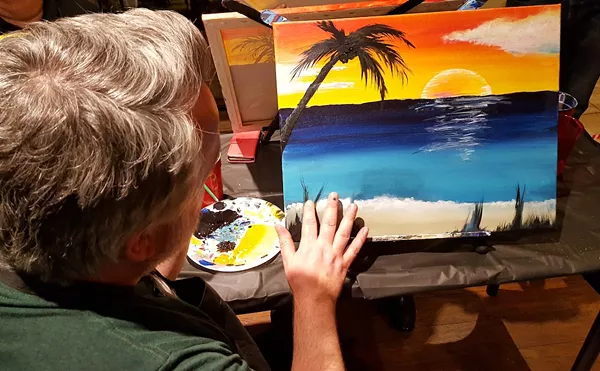In recent years, as Frost's public persona has receded, the poet and the poems are being reclaimed by a generation removed from his life, with the perspective of detachment that time grants. Actually, one of Frost's contemporaries, the critic Lionel Trilling, led the way toward seeing through the sentimental guise, proclaiming Frost "a terrifying poet." He is that. His best works, before he slipped into the costume of virtuous publican, are disquieting encounters with darkness, with death, with grief, with unreason. If Frost is a nature poet, he is one who sees nature as a terrible force, one that frail humans have little more than rhyme and rhythm to contain. Nobel laureate Derek Walcott does not go too far out of bounds by suggesting that "Stopping by the Woods on a Snowy Evening," one of the few poems people still memorize, "darkens with terror in every homily."
So be forewarned before attending the Robert Frost Birthday Reading at Dressel's Pub Above at 7:30 p.m. Tuesday, March 28, with Richard Newman, Richard Burgin, Donald Finkel, Ann Haubrich, Peter Leach and others participating. "A light he was to no one but himself."





